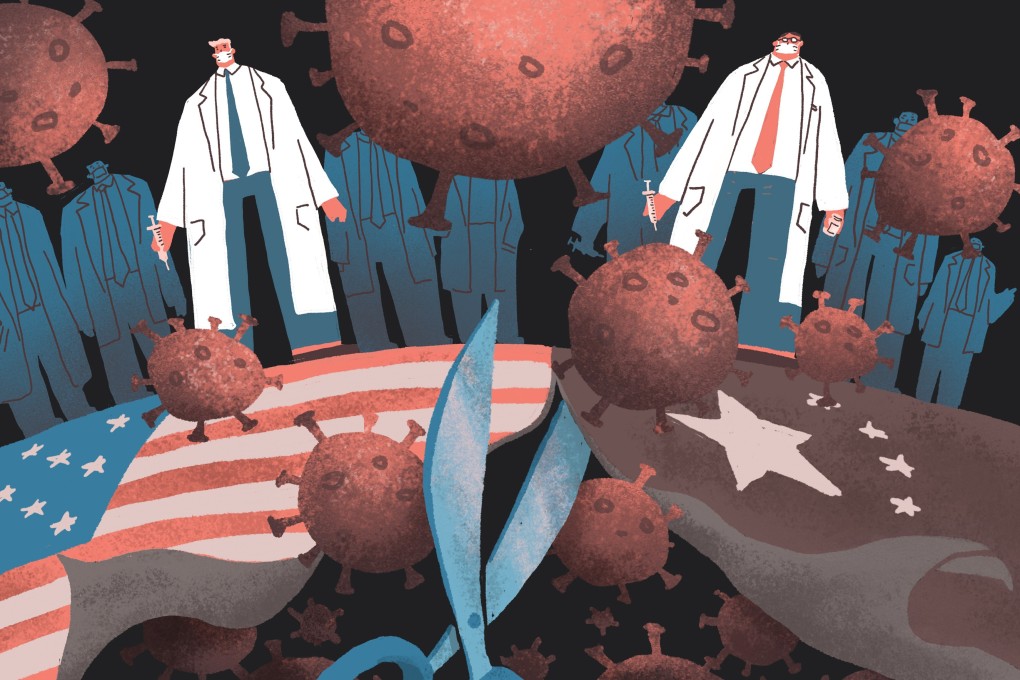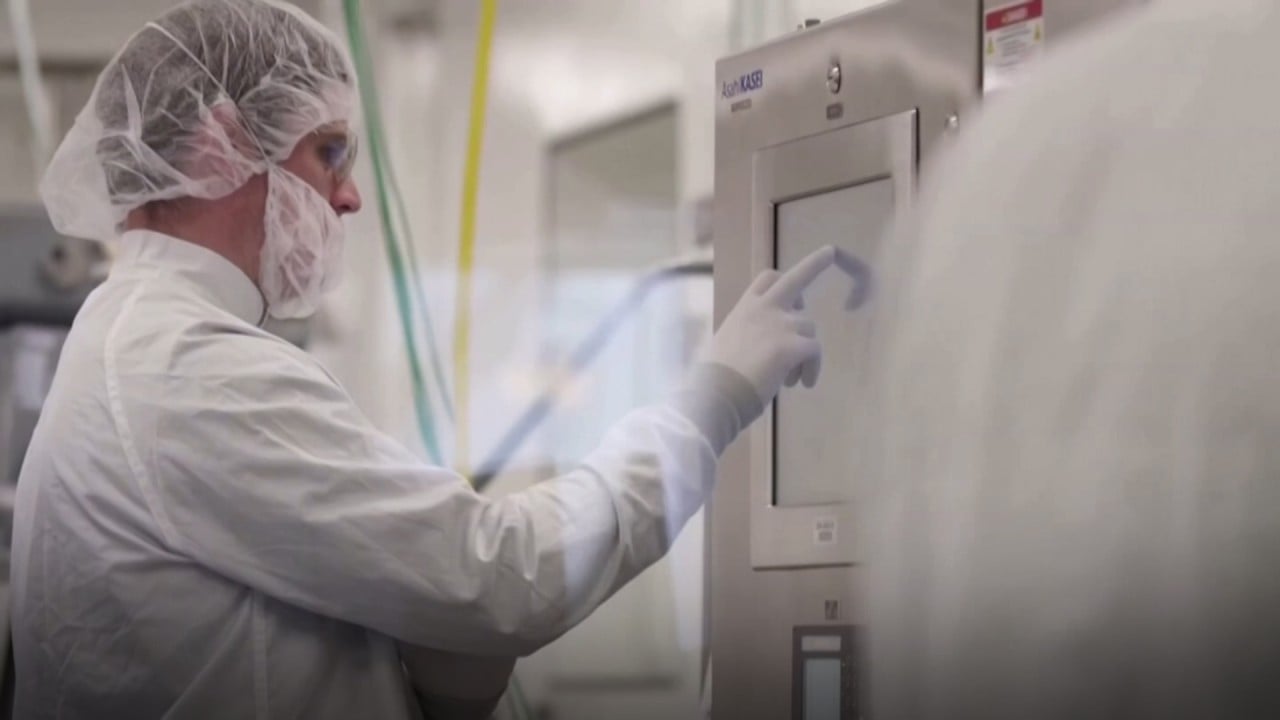How the self-inflicted collapse of US-China scientific ties compounded Washington’s coronavirus failure
- When Covid-19 emerged in Wuhan, the few US health specialists remaining in China were relegated to the embassy in Beijing, largely unaware of the new contagion
- The severing of contacts interrupted the exchange of information as well as the supply of personal protective equipment that was in short supply in the US

This is the sixth instalment of a 15-part series looking back at the effects of the coronavirus outbreak one year after it first emerged in the Chinese city of Wuhan. Here, Robert Delaney looks at how, when Covid-19 emerged, the few American health specialists remaining in China were relegated to the embassy in Beijing, largely unaware of the new contagion. Please support us on our mission to bring you quality journalism.
Dr Jennifer Huang Bouey views the decade of US-China scientific collaboration between the Sars epidemic of 2002-03 and the final years of president Barack Obama’s administration as “a golden age”.
“You had the [US CDC] specialists sitting within the China CDC offices, just like they’re all colleagues, walking from office to office, talking about epidemics,” said the epidemiologist and Rand Corporation policy researcher, recalling her time in Beijing as a US government-funded scientist working on HIV prevention.
“That level of trust among scientists is often most helpful in the investigation about a phenomenon or thinking about a treatment or vaccine, or some of the strategies to fight emerging challenges,” she said.

03:13
World gears up to distribute Covid-19 vaccines as drug makers await medical regulator approvals
But the golden age of cooperation ended abruptly, and with it went an effective node of scientific partnership that might have at least slowed the spread of what was then called the novel coronavirus.
